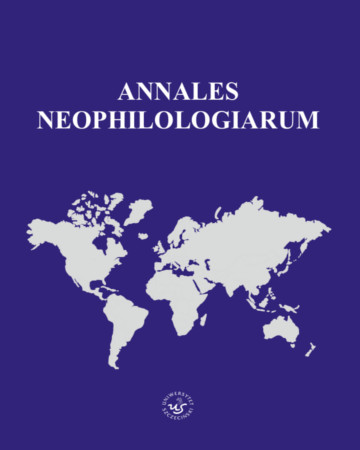




| Authors: |
Konrad
Rachut
Uniwersytet im. Adama Mickiewicza w Poznaniu |
| Keywords: | superconsciousness tragic tragic conflict |
| Data publikacji całości: | 2016 |
| Page range: | 12 (149-160) |
| 1. | Достоевский, Федор М. Преступление и наказание. Москва: Детгиз, 1959. |
| 2. | Иванов, Вячеслав. Достоевский и роман-трагедия. Достоевский. Трагедия – миф – мистик. Москва: Direct Media, 2014. |
| 3. | Симонов, Павел В. „О двух разновидностях неосознаваемого психического: Под- и сверхсознании”. Наука и жизнь 1 (1980). Досуп: 29.05.2016. http://psylib.org.ua/books/_simon01.htm. |
| 4. | Симонов, Павел В., Петр М. Ершов. Темперамент, характер, личность. Москва: Наука, 1984. |
| 5. | Уилбер, Кэн. Око Духа. Интегральное видение для слегка свихнувшегося мира. Москва: Издательство АСТ, 2002. |
| 6. | Шелер, Макс. “О феномене трагического”, в: Проблемы онтологии в современной буржуазной философии, ред. Т. А. Кузьмин. Рига: Зинатне, 1988. |
| 7. | Caddy, John F. „The Huna philosophy and ‘objective Observations’”. Syntropy 2 (2013): 145-169. |
| 8. | Glover, William R. Huna. The ancient religion of positive thinking. Доступ: 28.05.2016. www.kahunaism.com/serv.php?get=2. |